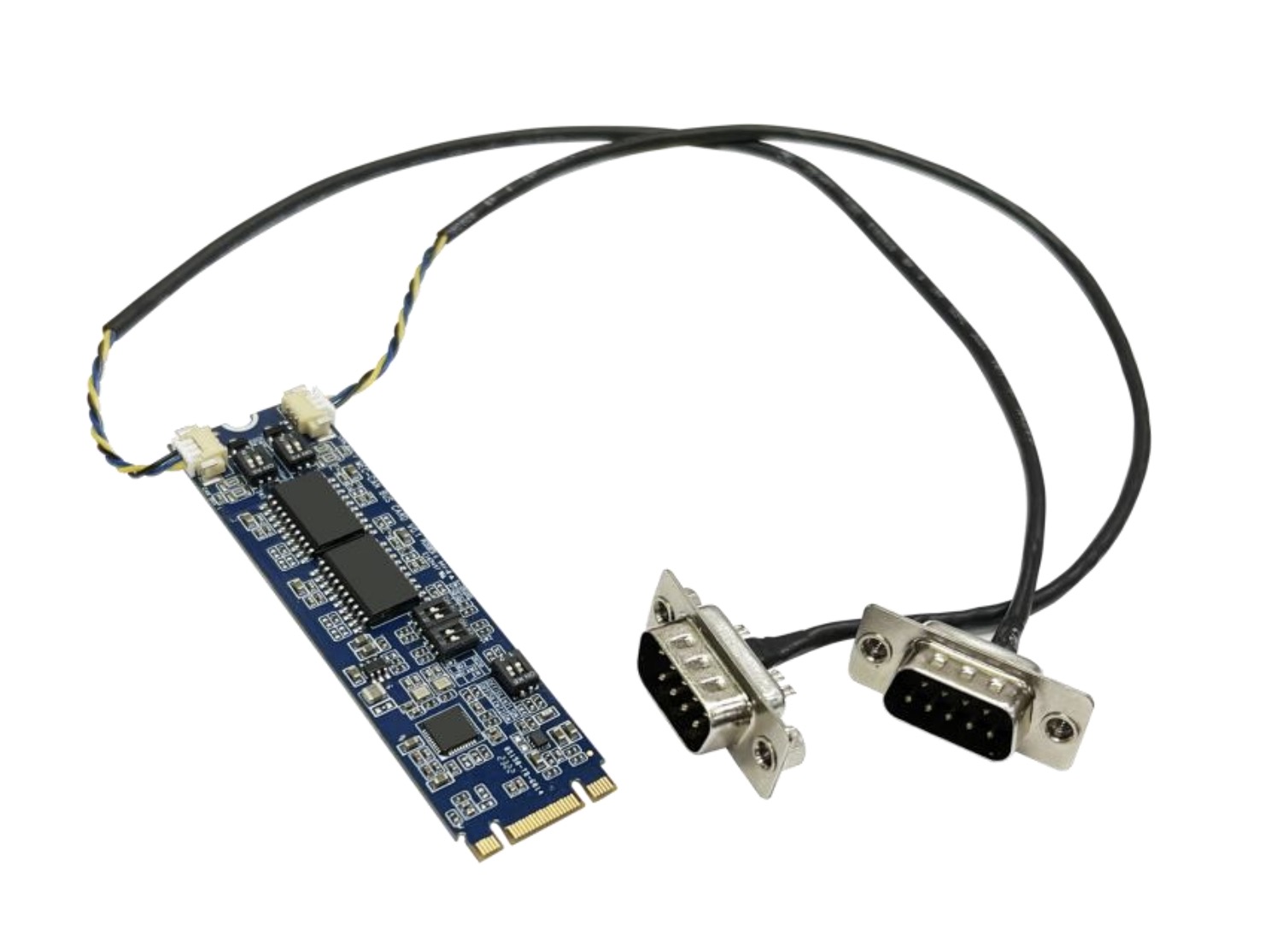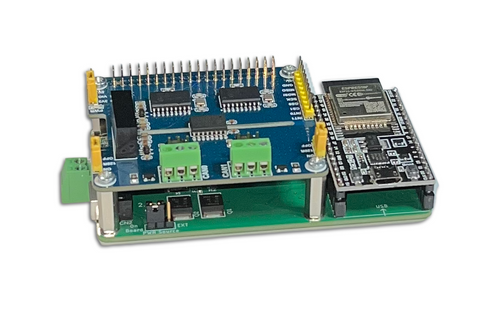Recent Posts
Dual CAN PCIe Card for Industrial, Automotive Applications
Posted by on
Cervoz Technology, a supplier of embedded components for the industrial PC market, has extended its industrial modular expansion cards line with the MEC-CAN-2802i, which provides two isolated CAN CC (Classical CAN) interfaces.
The expansion card delivers a cost-effective solution for integrating CAN CC ports into embedded computer systems, especially in hostile environments. The board incorporates an M.2 2280 dual-isolated CAN module. According to Cervoz Technology, it is compatible with existing M.2 slots and allows installation without complicated hardware configurations. The supported CAN Bus bit rates range from 10 kbit/s to 1 Mbit/s. The supplied standard package incorporates accessories like brackets and a cable with the 9-pin DSUB connector. The software drivers support for Linux and Windows.
MEC-CAN-2802i secures communication with serial line protection and up to 15-kV ESD protection on board. These features comply with EN 61000-4-2 (ESD protection) and protect against electrical interference and static discharge, assuring secure data transmission. Furthermore, its 2,5-kV galvanic isolation prevents direct electrical connections between circuits, improving stability and performance. The supported temperature range is from -40 °C to +85 °C. Accordingly, the module is suited for industrial automation, control systems, vehicle management, and more.
Features
- CAN bus 2.0B backward compatible with 2.0A
- Compliant with ISO 11898
- Support baud rate 10/20/50/100/ 125/250/500/800/1000K
- Compliant with EN61000-4-2 (ESD) Air-15kV, Contact-8kV
- Support Card ID and Silent mode setting by switch
- Support port to computer isolation 2.5kV
espBerry - ESP32 Development Board with Dual Isolated CAN Bus HAT
The espBerry DevBoard combines the ESP32-DevKitC development board with any Raspberry Pi HAT by connecting to the onboard RPi-compatible 40-pin GPIO header.
The Dual Channel CAN Bus expansion HAT, designed for the Raspberry Pi, supports the full CAN2.0 Standard, and it features multi onboard protection circuits, high anti-interference capability, and reliable operation. As a result, it suits applications such as automotive devices or industrial automation.
The HAT is well documented, and there are multiple code samples using the C programming language under the Arduino IDE.
 Loading... Please wait...
Loading... Please wait...


